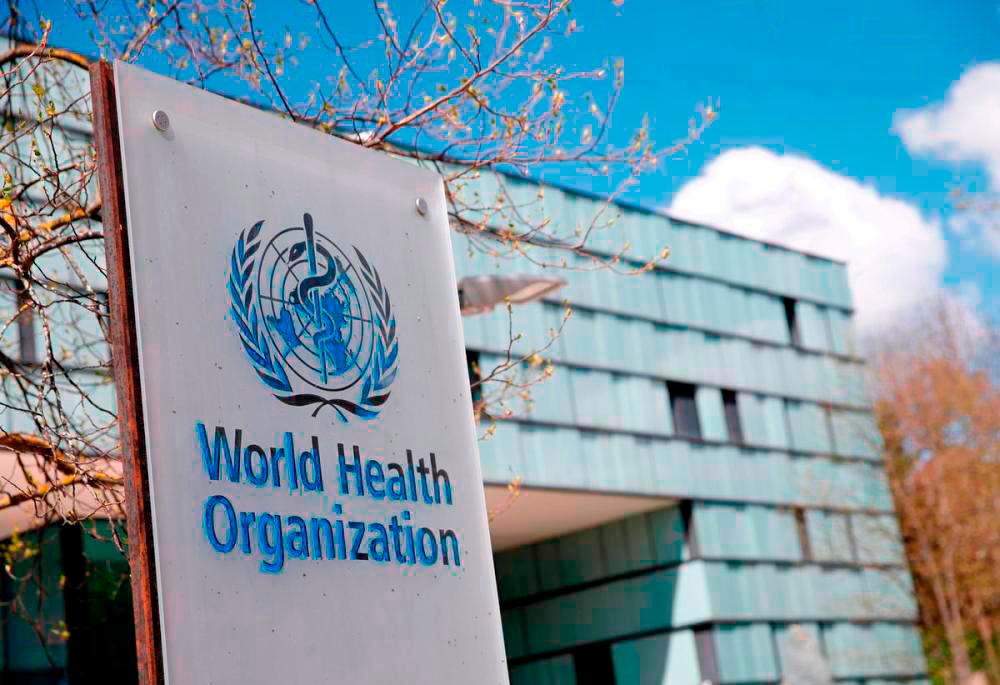PETALING JAYA: The World Health Organization (WHO) has placed a hepatitis C medication partially developed in Malaysia to its list of essential medicines (EML).
For the treatment of chronic adult hepatitis C virus infection, the WHO approved the use of ravidasvir in combination with sofosbuvir as a direct-acting antiviral.
According to Free Malaysia Today (FMT), blood is used in the transmission of hepatitis C. It can develop into liver cirrhosis, scarring, and ultimately cancer if left untreated.
Tan Sri Dr Noor Hisham Abdullah, a former director-general of health, claimed that Malaysia initiated the push to include the medicine.
“The ravidasvir listing on the WHO EML is another milestone for Malaysia in its journey of developing a cost-effective hepatitis C drug. It addresses healthcare access, affordability and equity, particularly in low- and middle-income countries.”
“This addition to the list would mean many more member states and civil society groups can gain access to this affordable medicine and eliminate hepatitis C by 2030,” said Dr Noor Hisham, now a board member of DNDi was quoted saying by the news portal.
This global, non-profit research and development group, DNDi stands for Drugs for Neglected Diseases Initiative.
Initiated by the health ministry of Malaysia and DNDi, the development of ravidasvir also involved the health ministry of Thailand, Médecins Sans Frontières, Presidio Pharmaceuticals, Pharco Pharmaceuticals, and Pharmaniaga Berhad.
Additionally, in June 2021, Malaysia approved the use of ravidasvir hydrochloride.
The first very successful hepatitis C medicine, sofosbuvir, used to cost more than RM300,000 for a 12-week treatment, making the listing historically significant for Malaysia and the rest of the world.
It was also reported that the medicine was unavailable to Malaysian patients since importing it would have been too expensive, therefore the health ministry had to look into alternative treatment options.
It started collaborating with DNDi in 2016, which sparked the creation of the ravidasvir-sofosbuvir therapy.
At the same time, the ministry was able to combine the usage of daclatasvir and a generic form of sofosbuvir that was available from Egypt at a significantly reduced price.
The news report further said three years before the sofosbuvir-ravidasvir combo medicine treatment, the procedure was made available at public hospitals in March 2018.
The amended EML lists, which had previously contained ravidasvir (in conjunction with sofosbuvir), were created with the intention of facilitating increased access to cutting-edge medications with obvious therapeutic benefits.
Without endangering the finances of low- and middle-income countries, these medicines could have a significant worldwide influence on public health.
“We do what is right for the people,“ Dr Noor Hisham remarked. It is satisfying to contribute to improving healthcare.
This, he continued, was Malaysia’s contribution to World Hepatitis Day in 2023.
According to WHO director-general Dr. Tedros Adhanom Ghebreyesus, the WHO EML has served as a comprehensive, evidence-based resource for the most significant medications with the potential to have the greatest positive impact on health for more than 40 years.
“All countries currently face growing difficulties in guaranteeing consistent and fair access to many quality-assured vital medicines due to rising pricing and supply chain interruptions.”
He declared last week that “WHO is committed to supporting all countries to overcome these obstacles to increase access with equity.”









